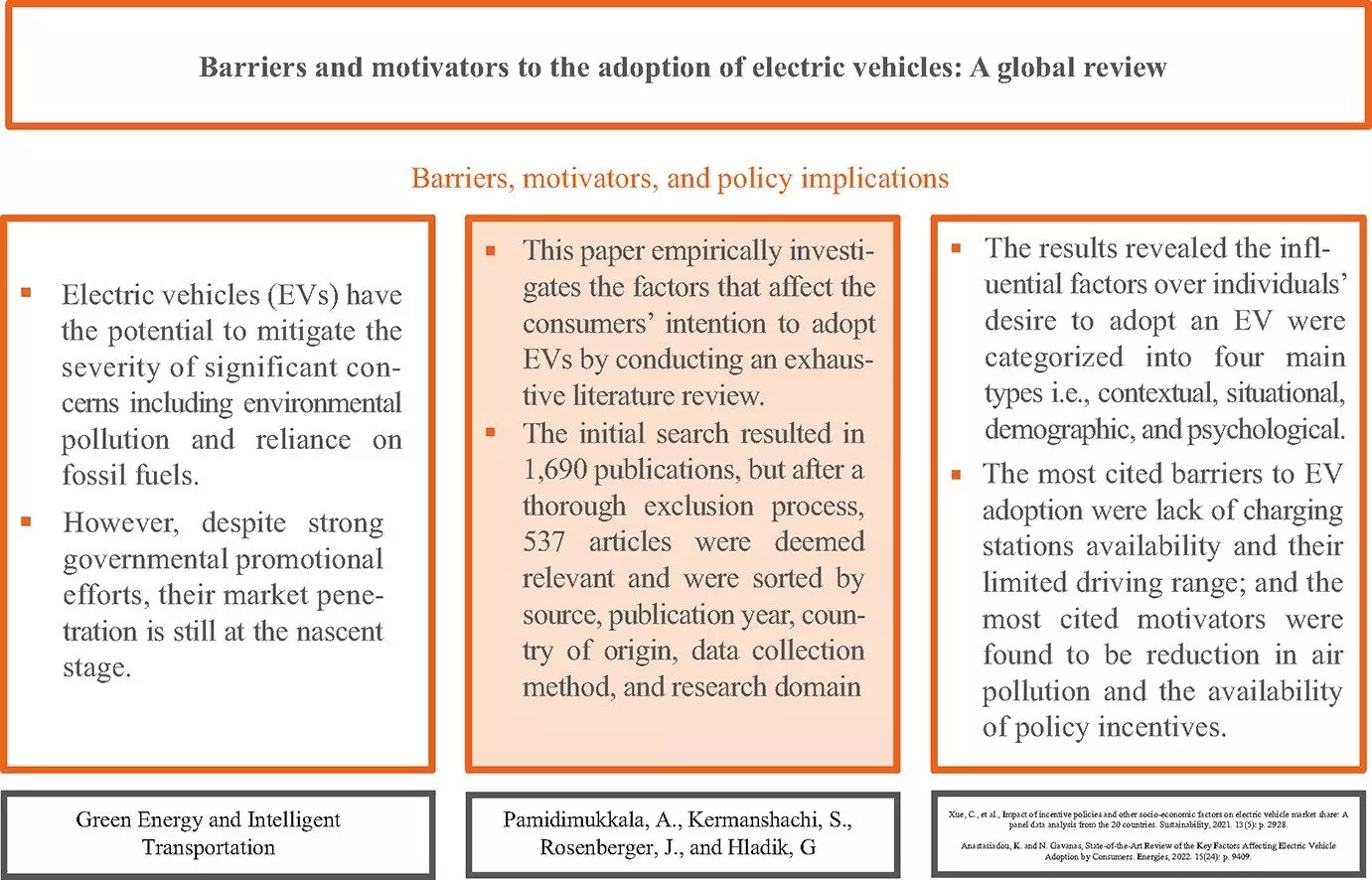The automotive industry is undergoing a transformation, with electric vehicles (EVs) leading the charge towards a more sustainable future. As concerns over climate change and environmental degradation loom large, EVs offer a promising solution by significantly reducing greenhouse gas emissions and dependence on fossil fuels. The appeal of EVs lies in their potential to address critical environmental issues such as air pollution, making them an attractive option for environmentally conscious consumers.
Despite the environmental benefits of EVs, there are several barriers that hinder widespread adoption. One of the main challenges is the high cost of EVs, which makes them less accessible to the average consumer. Additionally, concerns about the availability of charging infrastructure and the driving range of EVs create uncertainty among potential buyers. The lack of charging stations and the time required to charge EV batteries are practical barriers that deter consumers from making the switch to electric mobility.
A study published in Green Energy and Intelligent Transportation sheds light on the motivators and barriers influencing consumer adoption of electric vehicles worldwide. Through an analysis of over 500 articles, the study identifies four main categories affecting consumer intentions towards EV adoption: contextual, situational, demographic, and psychological factors. These categories encompass a wide range of factors that shape consumer attitudes and decisions regarding EVs.
Governments and policymakers play a crucial role in driving the adoption of electric vehicles through strategic interventions and incentives. Policies such as tax rebates, subsidies for electric cars, and investments in charging infrastructure can help address practical barriers and make EVs more accessible to a wider audience. Educational campaigns that highlight the long-term benefits of EVs can also help shift public perception and create a more robust market for electric vehicles.
The study highlights a demographic trend where younger and middle-aged consumers, particularly males with higher educational levels and incomes, are more inclined towards purchasing EVs. This demographic group could be instrumental in driving future market trends and accelerating the adoption of electric mobility. Understanding the preferences and motivations of different consumer segments is crucial for developing targeted strategies to promote EVs among various demographic groups.
While the path to widespread electric vehicle adoption is not without challenges, the environmental and economic benefits make it a journey worth pursuing. With the right policy interventions and continued technological advancements, EVs have the potential to revolutionize the automotive industry and pave the way for a more sustainable and efficient future. By addressing the complex web of motivators and barriers highlighted in this study, stakeholders can work towards accelerating the adoption of electric vehicles globally and creating a greener tomorrow.


Leave a Reply